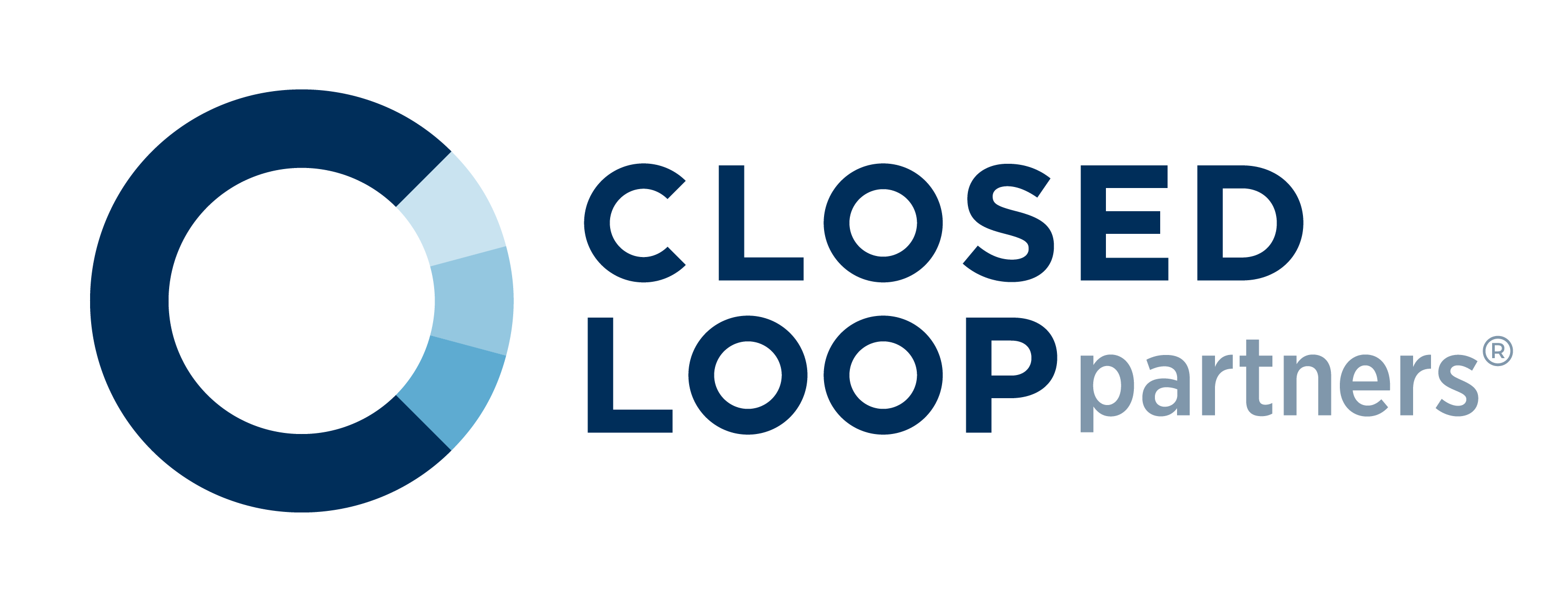Food waste accounts for nearly a quarter of all U.S. landfill waste and is responsible for 58% of unintentional methane emissions, making its reduction a key pathway to achieving local and state climate and zero waste goals. Compostable packaging has a critical role to play in reducing food waste by capturing food scraps and diverting them from landfill. But composting access across the nation is highly variable and acceptance of compostable packaging at composting facilities is mixed. In the race to meet waste reduction goals, many policymakers need guidance to create harmonized policies—and businesses need help responding to the shifting regulatory landscape.


.svg)






